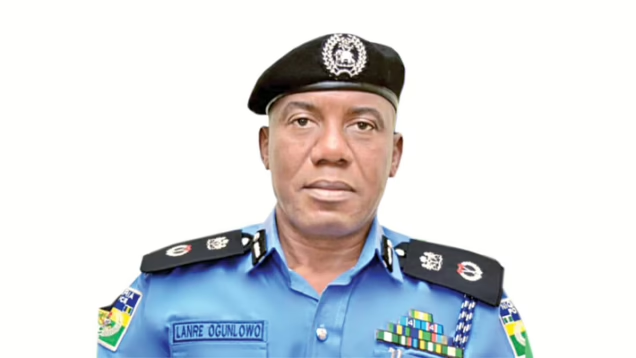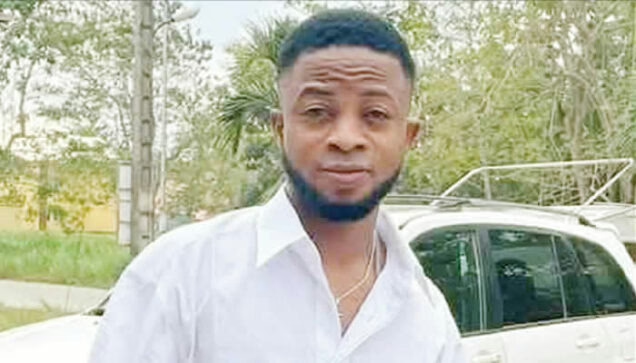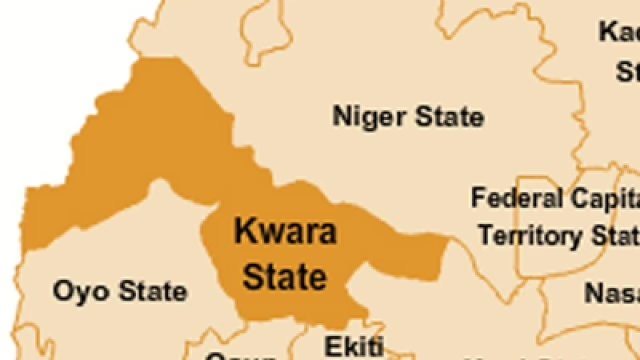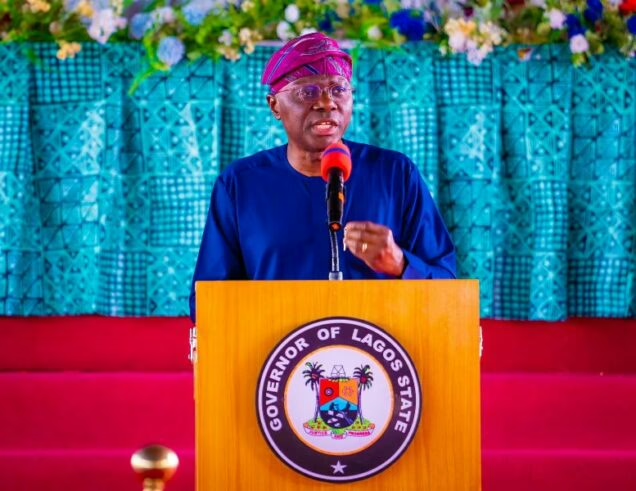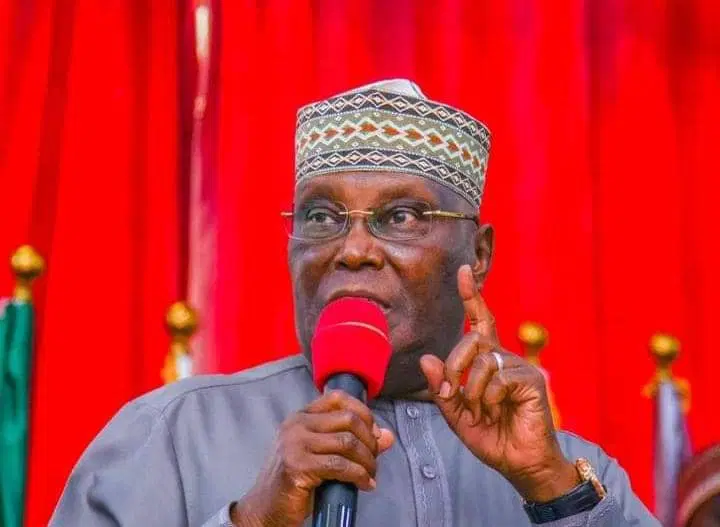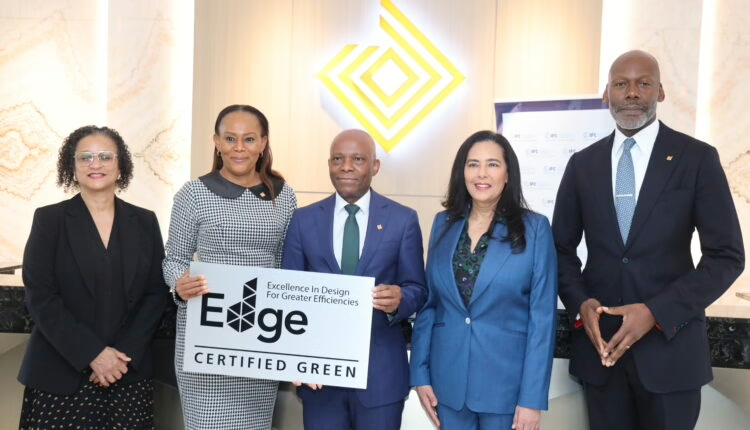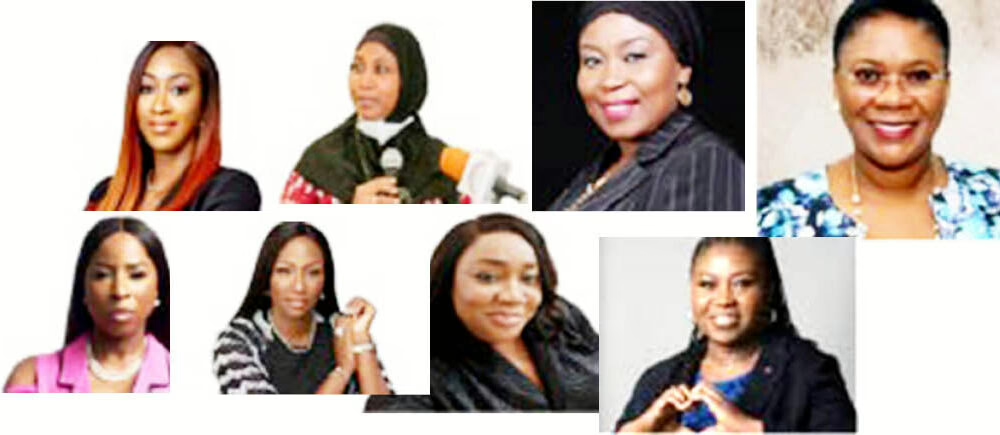• Igbo women lament flop ν Several self-help projects in Igbo land suffer
From Magnus Eze, Geoffery Anyanwu (Enugu), Aloysius Attah (Onitsha), Stanley Uzoaru (Owerri), Okey Sampson (Umuahia), Felix Ikem (Nsukka), and Chijioke Agwu (Abakaliki)
Before now, Igbo women at home and in the Diaspora every year look forward to the month of August. The month is a period of mass homecoming of Igbo women and groups, from different towns and cities across the world. They return to their husbands’ rural communities, where they unite with their rural-based colleagues for what is now popularly known as the “August Meeting.”


Thus, August Meeting has become the biggest single gathering of women in the Southeast region. The annual event serves as a very important platform for harnessing women’s contribution to social and community development.
The meetings hold at the levels of socio-cultural groups – at the church, family, kindred, quarters and community. And lately, wives of governors in the region had introduced what many consider as the political version of the meeting as the women now also meet at the state level.
Historically, August Meeting could be traced to two significant developments of the colonial era. The first school of thought explained that married women decided to pull resources together to develop their spouses’ communities.
So, as rural communities in Igbo land turned into urban setting, family makeup started changing with migrations to urban communities; thus it became expedient that married women both at home and in the Diaspora meet at least once in a year to sustain the structure of their contributions to societal development.
Another school of thought attributed the institutionalization of August Meeting to the Aba Women Riot of 1929. Described as one of Africa’s biggest civil revolts of the 20th Century, the women protested and won against their exclusion from government by Warrant Chiefs, the introduction of new taxes by the colonial government and the declining prices of agricultural products following the Great Depression.
The potency of the protest opened the eyes of the women to how powerful they can become in influencing public policies.
Therefore, the formation of “Home and Abroad” meetings which transmuted into August Meeting became a norm across the various Igbo communities.
According to two August Meeting historians, Mercy Anyaegbu and Nwamaka Iguh, August became the month of choice for these women meetings because of the predisposition of the month to school vacation.
However, this annual event suffered a major setback this year due to insecurity in the Southeast coupled with the excruciating economic hardship in the country which was compounded by the recent removal of petroleum subsidy by the President Bola Tinubu administration.
So, in many Igbo communities, the women could not gather this year for the August Meeting; where they did, the halls were scanty as most of them living in towns and cities could not return home.
Our investigation showed that the August Meeting has started drifting towards the United States of America and Europe, where many Igbo women from Nigeria, now join their counterparts abroad to mark the event.
One of such outings was the annual assembly and patron’s gala of Igbo Women’s Movement Worldwide (IWMW), which took place in Paris, France from August 12-14.
At the event, Ambassador Bianca Ojukwu, widow of the late Igbo leader, Dim Chukwuemeka Odumegwu Ojukwu, , who was the special guest of honour, tasked the Igbo women world over to be involved in self-help projects in their various communities.
She also urged them to embrace sisterhood and strengthen the ties of solidarity among one another.
Speaking on the theme: “A prosperous Alaigbo, today and tomorrow,” the former Nigerian Ambassador to Spain urged Igbo women in the Diaspora to continue to support relief programmes and the provision of basic amenities in Igbo communities.
According to her, these relief programmes and the provision should be targeted at people especially those communities with little or no government presence in terms of life-changing facilities.
Anambra: Soludo’s wife tasks women on societal ills
In Anambra State, Governor Chukwuma Soludo’s wife, Mrs Nonye Soludo declared the August Meeting open in Awka, charging women to use the annual assembly to find lasting solutions to the various rising societal ills.
Director, Catholic Women Organisation (CWO), Onitsha Archdiocese, Lady Ngozi Nwanosike, said that women organisations in the church should not be blamed for taking over the August Meeting in the various communities because they have used it to bring positive transformations in the society both within and outside the church.
Nwanosike said that the CWO remains unrelenting in its mission to raise mothers who are role models in the society and in turn try to be shining lights in community and church development.
She disclosed that the CWO Onitsha Archdiocese adopted: “Protection of the family: Rights of the child” as the theme for this year’s programme.
She said that she visited many communities outside Onitsha town like Ogidi, Umuoji, Oraukwu, Umudioka, among others where the various women groups held meetings and contributed to development and other issues affecting the family.
“The women braved all odds to participate effectively. Some of the communities use three days for their August meetings. Two days for the various church denominations to gather and one day for all women irrespective of religious divide and traditionalists to gather together as women wing of their communities to meet and discuss issues affecting them. It has been success stories all through despite challenges,” she said.
A woman leader from Nnobi community, Idemili South LGA, Anambra State, Lady Njideka Odunukwe, said that the women attended the meeting from home and nearby towns like Onitsha, Awka, Nnewi while those living in far away states like Enugu, Abuja and Aba sent their representatives.
She confirmed that the security situation actually affected the meeting more so when there had been several reported cases of kidnapping and armed robbery across the Nkpor-Umuoji-Ojoto-Nnobi axis in recent times
The President General, Women Wing, Ojoto Akanasato Town Union, Idemili South LGA, Mrs Anthonia Okonkwo, confirmed that attendance to this year’s August Meeting was poorly attended.
“We took a roll call and recorded about 250 women in attendance unlike the previous years where we recorded more than double of such numbers. We discovered that many of our women residing outside the community sent money across to pay their dues, but could not attend physically.
“This situation really affected us, but we trudged on. We discussed issues affecting us generally as a group and also worked towards realising our dream of remodelling our community market.
“We also held talks encouraging the women to be industrious and not settle as housewives who only cook for their husbands and cater for the children without any proper means of livelihood,” she said.
In Alor, Idemili South LGA, outgoing Women Leader of the community, Mrs Grace Uche Nwoye, attributed the success of their event to the fact that it was an election year for them to elect new set of women to pilot the affairs of the union.
“They wanted to be part of history among those who elected their new executives and for that reason; many participated thereby downplaying the fact that things are hard presently. The attendance was massive and they elected a new set of executives led by Lady Ifeoma Uzokwe. We also gave account of our stewardship in the last eight years and also honoured some illustrious sons of the community who supported us over the years,” she said.
Imo communities postpone programme
The security challenge posed especially by gunmen forced women in most of Imo communities to postpone this year’s August Meeting.
Ndegwu community in Owerri West Local Government Area was among the communities in the state that the event did not take place.
President General of Ndegwu Development Union, Ozichukwu Iroegbulem told our correspondent that this year’s activity could not hold due to series of disturbances by gunmen in the community.
He said: “We can’t hold August meeting this year, we have been disturbed greatly by gunmen, they come both at day and night, disturbing our people.
“Few weeks ago, a youth from the community was hit by stray bullet, we don’t know how it happened, but what we know is that it was on a Monday when our people always stay indoors because of gunmen.
“A lot of food stuffs, money and phones had been dispossessed from the people by the gunmen who come at will to either enforce sit-at-home or commit crime.”
However, he noted that despite the postponement, the women still went on with the projects they were handling. According to him, the gigantic projects of health centre, market stalls and secondary school renovation were their priority.
Similarly, the meeting did not hold at the nearby Orogwe community also in Owerri West Local Government Area.
President General of Orogwe Community Development Union (OCDU) women wing, Mrs Onyinyechi Steve-Azu, lamented the situation even as she hoped that things would normalise next year. However, some wards in the community like Uba Orogwe, held skeletal ceremony for the women, using their popular ‘Uri Opi’ dance.
Like Ndegwu, Orogwe had been under persistent attacks by gunmen. The community civic centre under construction along Ohii Road by Orogwe Community Primary School may have to wait until the women converge again when insecurity subsidises to pay attention to it.
The women of Orsu Ihiteukwa, one of the troubled communities in the state, have for some time forgotten about gathering for the August Meeting, but the situation has not deterred them from contributing to finance their projects.
The Eze-elect of the community, Ezekiel Nwokedi, said: “We don’t have such (August meeting) here, but the women contribute money to help finance some projects they’re handling in the community.”
Generally, Imo women lamented the poor turnout that greeted the annual women programme.
Though many respondents complained about insecurity, every one of them blamed the current economic hardship affecting virtually everything, including feeding and transportation, for the lull.
Not so impressive outing in Enugu
In Enugu State, President of St. Lukes Anglican Church, Amufie Enugu-Ezike Women Home and Abroad, Mrs Uju Ugwu, disclosed that they were desirous of holding the August Meeting in the second week of last month.
However, the event witnessed low turnout because most rural women complained that they had been forced to waste the previous two weeks because of the two-week sit-at-home call by the Simon Ekpa-led Auto-Pilot, purportedly pushing for the release of the leader of the Indigenous People of Biafra (IPOB), Nnamdi Kanu.
“The present economic hardship affected us seriously. Normally, at the end of each year’s August Meeting we ask the Vicar in the village their immediate need, any project, they will tell us and we give them money for it. But this time we didn’t give them up to what we use to give them before, so the situation affected us.
“We also did not eat as we used to eat before, our entertainment was near zero this time, we did not enjoy light because we were rationing the little diesel we could buy for the generator, so some of the times, we didn’t use microphone and had to shout at the top of our voices for people to hear and we couldn’t stay as long as we used to stay previously.
“We don’t know where the country is taking us to and all our prayers, we used most of our time to pray for Nigeria, so that Nigeria will be good. The women really cried to God that God will help us,” Mrs Ugwu lamented.
Woman president of another church in Udi, Mrs Adaku Agu and another woman leader, Mrs Onyinye Onyia, said that this year’s meeting was just to fulfill all righteousness.
Agu said that the shine was off the programme as not more than 20 women returned from the towns and cities for the event in their local church.
She said: “We didn’t talk of project at all because it was even difficult for those that came to pay their dues. It was that bad and we have cried unto God to deliver us in this country, Nigeria.”
Mrs Florence Anyanwu who resides in Enugu, but travelled to Imo State to attend the meeting, decried the high cost of transportation, noting that it made it very difficult for the women to travel.
“The cost of transportation is terrible, so for many instead of spending all their money on transport, they sent it to family members to pay dues and levies for them. In fact, what I spent on transport for that trip alone was enough to pay my dues and levies. I had to travel because of the position I hold in our meeting,” Mrs Anyanwu explained.
Mrs Eucharia Nnadi from St. Anthony’s Catholic Parish Ogbodu-Aba in Udenu LGA who resides in Nsukka, said: “The majority of people that attended the meeting were those who live around the parish, within the state, and very few who returned from other cities and states.
“The ugly situation affected our revenue generation drastically, as many women were not able to pay their annual dues or make significant donations to our development project of rebuilding a communal market and parish church.”
Mrs Francisca Odoh, who travelled from Nsukka to Ikem, in Isi-Uzo LGA, Enugu State, said: “This year was the worst I have ever witnessed in terms of poor attendance since my 14 years of joining CWO. The country’s harsh economic situation, high cost of fuel and transportation, as well as the incessant kidnapping in the Southeast region were the major reasons that prevented many women from returning for the August Meeting.
“Many parents are struggling to feed and cater for their family, so, this time around, their priority wasn’t to attend the August Meeting and pay their annual dues.”
At Our Lady of Fatima Catholic Parish, Odenigwe, Nsukka, Mrs Oluchukwu Ezea, said: “We did not meet our financial targets because the attendance was very poor even those who managed to attend, many of them did not pay their annual dues, hence, we did not discuss or undertake any meaningful development projects.”
Regardless, at Ikem, the headquarters of Isi-Uzo Local Government Council, where an elaborate programme was staged, the wife of the LG boss, Mrs Onyinye Obeagu, urged the women of the council to embrace innovation as currently championed by the Governor Peter Mbah-led administration so as to benefit maximally from the expected gains.
“We are happy that the efforts to address insecurity are already yielding massive results. This improved security, coupled with government’s plan to construct or reconstruct 81 roads as well as create Special Agriculture Processing Zones (SAPZ) to move farming to agriculture and agro-allied industrialisation will boost productivity and the rural economy”, she said.
Pomp at women events in Abia, Ebonyi
But the meeting in Abia and Ebonyi states was signposted by glamour and splendour as large number of women adorned beautiful uniforms at the programmes.
The Abia State government under the auspices of the office of the Governor’s wife, organised this year’s Abia Women August Delegates’ Conference (AWADEC) in Umuahia, the state capital.
Women from across the 17 Local Government Areas of the state attended the programme where problems facing the womenfolk in their various communities were discussed.
Addressing Abia women, Governor Alex Otti assured them of the support of his government to better their lot in the state.
Otti praised the women for giving him total support during the last election, stressing that without them he would not have become the governor of the state.
The Senator representing Abia Central, Chief Darlington Nwokocha, described women as a positive force in the society and also assured them that things were changing for the better in the state.
The Commissioner for Women Affairs and Poverty Alleviation, Mrs Ngozi Felix, noted that the August Delegates’ Conference was gradually becoming a movement for women participation in the development of their communities and urged all women to take it seriously.
Elsewhere, women from Umuhu Ezechi, Okoko Item and Amaokwe Item, all in Bende Local Government Area held their August Meetings.
At the Amaokwe Item event, wife of Abia Governor, Mrs Priscilla Otti, said that she was overwhelmed by the large turnout of women of the area for the meeting despite the security challenges and economic hardship occasioned by the removal of the fuel subsidy.
She was delighted over the numerous projects embarked upon by the Amaokwe Item women which she said were only made possible through the August Meeting. She urged them not to relent.
“I am delighted with what you are doing here and I hope women from other parts of the state will emulate you. I will be part of these great things that are happening in this community, I will be financially involved in all your projects because they are geared towards touching the lives of the people,” the governor’s wife said.
Despite the economic crunch, the National President of Amaokwe Item women, Mrs Mercy Uko named the ongoing efforts at registering the Amaokwe Item Women’s Multi-Purpose Cooperative Society, legalization of Amaokwe Item Women’s Development Centre (Skill Acquisition) into Abia State Ministry of Women Affairs as part of what they had at hand to achieve soon.
The women of Umuhu Ezechi at their meeting resolved to embark on projects that would help alleviate the sufferings of their people.
In Ebonyi State, wife of the governor, Mrs Uzoamaka Nwifuru, flagged off the event at the Pa Ngele Oruta Township Stadium in Abakaliki with women groups from the 13 LGAs in attendance.
In her message at the meeting with theme: “Mothers, where are your children,” she charged the women to be more responsible mothers.
Mrs Nwifuru noted that women played critical roles in the character formation of their children, stressing that poor parenting was responsible for increasing number of wayward children in the society.
“As the First Lady of Ebonyi State, it has been my message to all mothers to train their children themselves and not send them outside the state for others to train.
“This leads to different forms of child abuse and human trafficking. Ebonyi children need to be safe from such harm, hence we need to protect them and train them ourselves.
“As a state, we will create an environment where no child is left behind. We will invest in education, healthcare, and social support system that empower mothers and families to provide a nurturing and safe environment for their children to thrive,” she stated.


